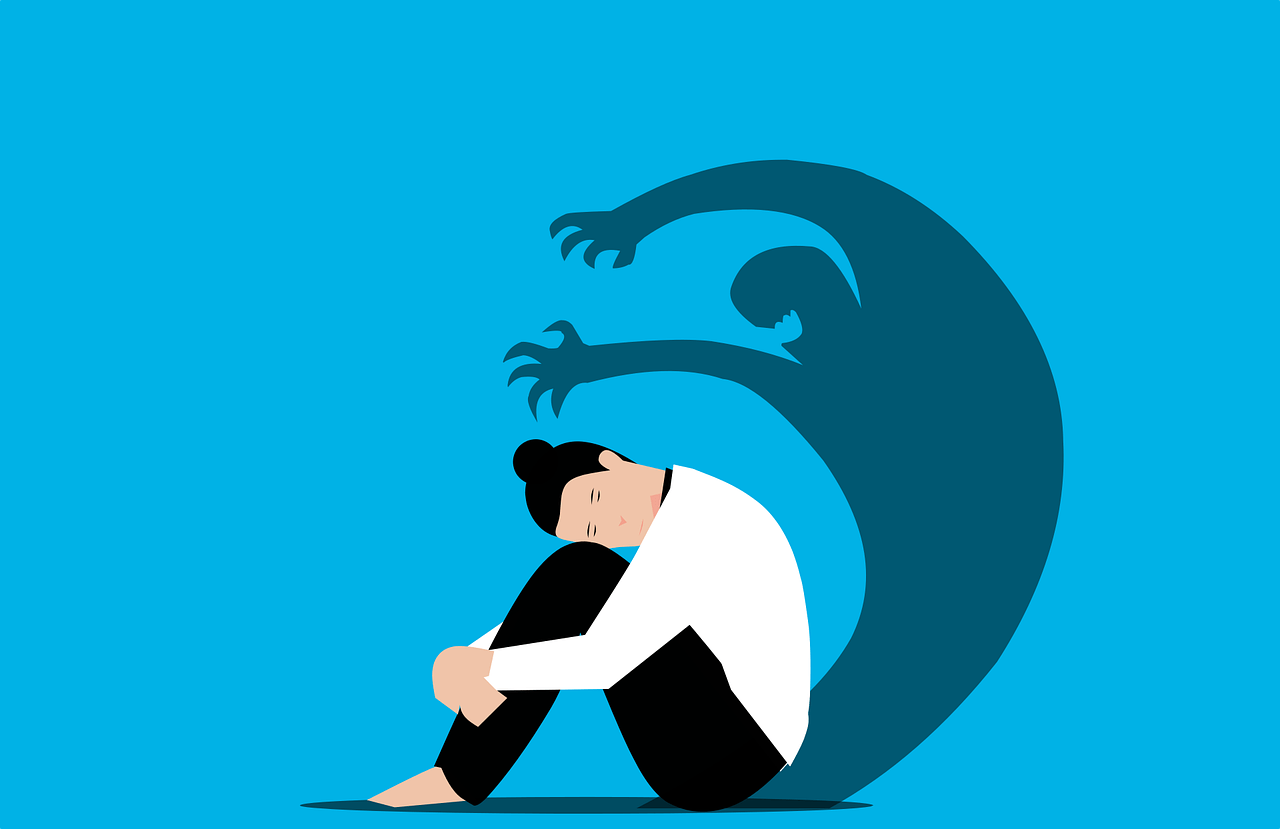Understanding Self-Care for Mental Health
Self-care is an essential aspect of maintaining good mental health. It involves taking deliberate actions to care for your physical, emotional, and psychological well-being. In this article, we will explore the importance of self-care practices and how they can positively impact our mental health.
What is Self-Care?
Self-care encompasses a range of activities that individuals can engage in to promote their overall well-being. These activities can vary from person to person but generally include practices such as exercise, proper nutrition, mindfulness, relaxation techniques, and social connection. By prioritizing self-care, we can better cope with stress, improve our mood, and enhance our overall quality of life.

This image is property of pixabay.com.
The Importance of Self-Care for Mental Health
Taking care of our mental health is crucial for our overall well-being. Incorporating self-care practices into our daily routine can help us manage stress, reduce anxiety and depression, and improve our emotional resilience. By prioritizing self-care, we can build a strong foundation for mental health and better cope with life’s challenges.
Stress Management and Self-Care
Stress is a common experience in today’s fast-paced world and can have a significant impact on our mental health. Engaging in self-care activities such as exercise, meditation, or spending time in nature can help us reduce stress levels and promote feelings of relaxation. By incorporating stress management techniques into our daily routine, we can develop healthier coping mechanisms and improve our overall well-being.
Anxiety and Self-Care
Anxiety is a prevalent mental health condition that can interfere with our daily lives. Self-care practices such as deep breathing exercises, journaling, and mindfulness meditation can help alleviate symptoms of anxiety and promote a sense of calm. By incorporating self-care strategies into our routine, we can effectively manage anxiety and improve our mental well-being.
Depression and Self-Care
Depression is a serious mental health disorder that can impact all aspects of our lives. Engaging in self-care activities such as regular exercise, proper nutrition, and social connection can help alleviate symptoms of depression and improve our mood. By prioritizing self-care, we can enhance our emotional well-being and build resilience against depressive episodes.
Incorporating Self-Care Practices Into Your Daily Routine
Incorporating self-care practices into our daily routine is essential for maintaining good mental health. By establishing a consistent self-care routine, we can better cope with stress, reduce symptoms of anxiety and depression, and improve our overall well-being. Here are some practical tips on how to incorporate self-care practices into your daily life:
Creating a Self-Care Plan
Creating a self-care plan involves identifying activities that promote your well-being and scheduling time for them in your daily routine. Start by making a list of self-care activities that you enjoy and that help you relax and recharge. Then, allocate time in your schedule to engage in these activities regularly. By creating a self-care plan, you can ensure that you prioritize your mental health and well-being.
| Self-Care Activity | Frequency | Time Allocated |
|---|---|---|
| Exercise | 3 times a week | 30 minutes |
| Meditation | Daily | 15 minutes |
| Reading | Every evening | 1 hour |
| Social Connection | Weekly | 2 hours |
Setting Boundaries
Setting boundaries is a crucial aspect of self-care that involves saying no to activities or commitments that drain your energy or cause you stress. Learn to prioritize your well-being by setting limits on your time and energy and honoring your needs. By setting boundaries, you can protect your mental health and ensure that you have the time and energy to engage in self-care practices.
Practicing Mindfulness
Mindfulness is a practice that involves being present in the moment and paying attention to your thoughts and feelings without judgment. By incorporating mindfulness into your daily routine, you can reduce stress, improve your mood, and enhance your overall well-being. Try engaging in mindfulness meditation, deep breathing exercises, or mindful eating to cultivate a greater sense of awareness and promote mental clarity.
Engaging in Physical Activity
Physical activity is an essential component of self-care that can have a positive impact on your mental health. Regular exercise releases endorphins, which are chemicals in the brain that act as natural mood lifters. Engage in activities that you enjoy, such as walking, jogging, yoga, or dancing, to promote feelings of well-being and reduce stress. By incorporating physical activity into your routine, you can enhance your mental health and overall quality of life.
Prioritizing Nutrition
Nutrition plays a significant role in our mental health and well-being. Consuming a balanced diet rich in fruits, vegetables, whole grains, lean proteins, and healthy fats can provide essential nutrients that support brain function and emotional well-being. Avoiding excessive sugar, caffeine, and processed foods can help regulate mood and energy levels. By prioritizing nutrition, you can fuel your body and mind with the nutrients they need to function optimally.
Getting Adequate Sleep
Sleep is essential for mental health and well-being. Aim to get 7-9 hours of quality sleep each night to support your overall health and cognitive function. Establish a regular sleep routine by going to bed and waking up at the same time each day, creating a sleep-conducive environment, and engaging in relaxing activities before bed. By prioritizing sleep, you can improve your mood, concentration, and overall mental well-being.

This image is property of pixabay.com.
Conclusion
Incorporating self-care practices into our daily routine is essential for maintaining good mental health. By prioritizing activities that promote our well-being, such as exercise, mindfulness, and social connection, we can better cope with stress, reduce symptoms of anxiety and depression, and improve our overall quality of life. Remember to create a self-care plan, set boundaries, practice mindfulness, engage in physical activity, prioritize nutrition, and get adequate sleep to support your mental health and well-being. Start small and gradually incorporate self-care practices into your routine to build a strong foundation for good mental health.

This image is property of pixabay.com.
